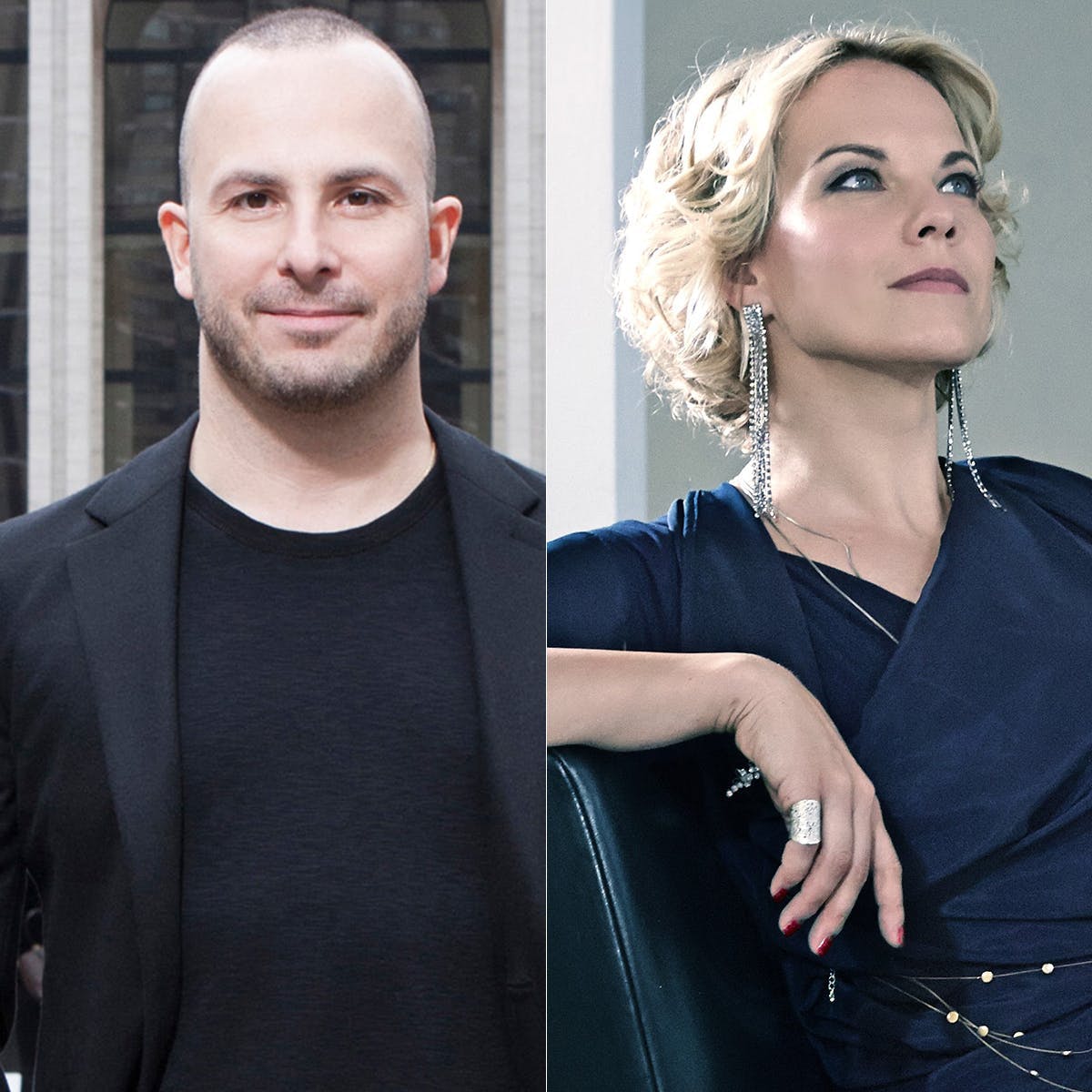Met Orchestra at Carnegie Hall, Sumptuous and Thrilling Sound
/By Raymond Beegle
7/9/2019
“Women are fickle,” sings the Duke of Mantua. The same might be said of words, as they change their meaning with the passing of time, and are often susceptible to falling out of fashion, even out of respectability. For centuries Germanic poets, novelists, philosophers, and political figures used and celebrated the words “sublime,” and “holy,” and “spiritual.” One is reminded of Kant’s On the Sublime and Beautiful, for example, or Goethe’s Song of the Spirits over the Waters. or Hölderlin’s Holy Being! These words, revered for centuries, have lost much of their dignity, have become awkward in our time, partly through the use and abuse of televangelists and gurus of the self-help industry, but how can one talk of Bruckner’s Seventh Symphony without such words? The Symphony is, indeed, sublime. Its message, lying beyond words, is indeed holy, as the composer expressly believed and affirmed in letters and conversation.
It has been a long time, perhaps since Bruno Walter, that a permanent resident conductor in New York seemed to be at one with this notion of the sublime and the spiritual in music. It used to be an a priori tradition. Toscanini, when backstage at the old Metropolitan Opera House, was said to have knocked off the hat of a stage hand. He told the surprised man “When you are here it is like being in church!”
The great Wilhelm Furtwängler, like Beethoven and Goethe, was a Deist in regard to things spiritual, considering himself to be in the vocation of music rather than in the business of music. Our new music director seems to be of like mind. From the standpoint of style as well, one sees many similarities between Yannick Nézet-Séguin and Furtwängler. Many of the pronounced mannerisms in Nézet-Séguin’s early reading of Brahms’ Ein Deutsches Requiem, for example – the incisive dramatic shape, the exceedingly slow first movement, the expansive rubato of the a cappella sections, the prolonged fermata at the end of “Herr, lehre Euch mich,” where every member of the chorus and orchestra are impelled to give their utmost - reflect Furtwängler’s performances in Lucerne and Stockholm shortly after the Second World War. Tonight’s tempos, inflections and phrasing of Bruckner’s Seventh Symphony, recall his predecessor’s 1950 performance in Rome.
It is easy to talk with certainty about the nuts and bolts of music: pitch, ensemble, etc., but when it comes to its meaning, or why one is moved, or why one believes the artist or composer, we are left totally at sea, incapable of proving that our assumptions are correct. The power of our impressions, however, cannot be denied. One nineteenth-century idealist ventured that “…our souls are effected: mysteries become clearer; obscure things become evident; complicated things become simple.” Something like this occurred tonight (June 14) under the guidance of our new musical director. He seemed to be caught up in Bruckner’s vision, infecting both orchestra and audience with its power, so that the community of musicians and listeners gathered in Carnegie Hall this evening sensed the greater meaning that lay behind the music. The sumptuous sound of the orchestra - who must be thrilled at being freed from the Met’s orchestra pit and placed on the stage of Carnegie Hall, facing what many an artist call the gates of heaven - was in full force.
Nézet-Séguin conducted Bruckner’s complex work without a score. The elegant and intelligent Elīna Garanča, however, sang her five Mahler songs, pieces she must have known from conservatory days, with a copy of the music before her. She turned the pages subtly and gracefully, but one could not help feeling that she hadn’t completed her homework. If Mimi poured out her heart to Rodolfo with a score lying on the table, “…just in case…” I would not believe her. Likewise, it was difficult to fall under the spell of these great songs notwithstanding Garanča’s opulent sound and deep understanding of the texts. Her lyric voice could not always compete with Mahler’s voluble orchestration, and was lost from time to time, especially when the brass, not in the pit below her on this occasion, but on the stage behind her, were dutifully playing full out. Nézet-Séguin, a master at the alchemy of transforming word into sound, proved to be a sympathetic accompanist, doing his best to allow the singer to be heard without compromising the dramatic demands of the score.
Raymond Beegle reviews classical music and opera for the New York Observer and Fanfare Magazine. For many years he was Contributing Editor of Opera Quarterly, the Classic Record Collector (UK), and also appeared on The Today Show (NBC) and Good Morning America (CBS). As an accompanist, he has collaborated with Zinka Milanov and Licia Albanese. Currently Mr. Beegle serves on the faculty of Manhattan School of Music in New York City.


